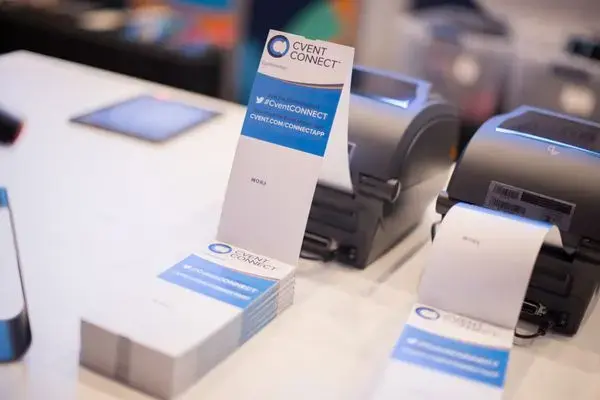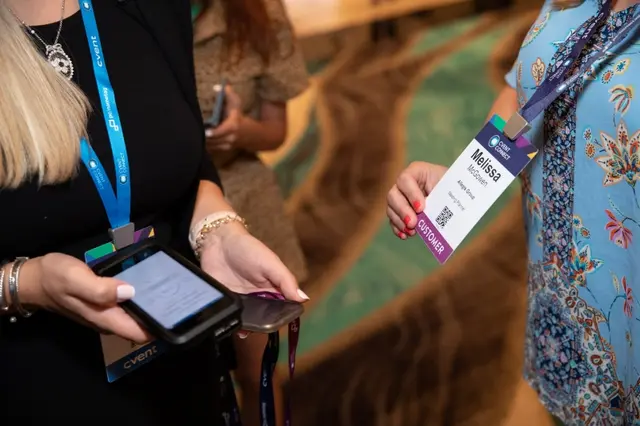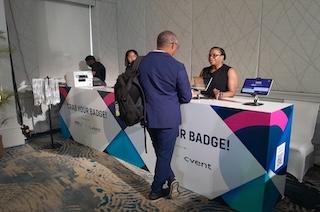Corporate Social Responsibility or CSR is related to the discretionary activities a company engages in that contributes positively to society. From the outset let’s make a distinction between CSR and philanthropy. Philanthropy involves gifts that are given occasionally by companies and wealthy individuals. CSR is more sustainable. Just as a company can be socially irresponsible, which takes many forms such as illegal dumping, discrimination due to sex or race, etc., it can also be socially responsible by paying fair wages, contributing to environmental protection, promoting health and wellness, and such like.
A company that practices CSR has found the formula for making their business model be about people, profit, and the planet. CSR is imprinted into the DNA of the organization; it is what it does as much as its core business. In Barbados, companies face some very onerous labor laws and I ration that these are partly a product of the business community lagging on making CSR an integral part of what they do. Internationally in the early days of the television, for example, broadcasters agreed to be socially responsible and show educational content for children to avoid censorship. In more recent times food companies such as Starbucks and McDonalds, for example, source their products ethically, ensuring that suppliers pay workers fair wages to avoid regulations and negative publicity.
In Barbados, activism against company malpractices is not widespread, so generally companies have been able to pass off checks to sports teams or churches for example as CSR. There is however light at the end of the tunnel. Companies such as those in the hotel industry that have received Green Globe certification, have been shining examples of how a business could be socially responsible and profitable, building their business around environmental sustainability, cultural heritage, and social and economic development. In manufacturing, some companies have pursued ISO certifications to be internationally competitive. These standards, however, should be pursued not just to be able to export, but also for the good of employees and the local community.
A local example of CSR that I was involved with, was the Nation Publishing Company Limited’s Healthy Lifestyle Program of the early 2000s, under the late newsman Harold Hoyte. Healthy Lifestyle sprung out of the then “Nation Cares” motto and manifested itself as an extravaganza of health that attracted tens of thousands of patrons to Queen’s Park to learn about healthy living. As the Healthy Lifestyle Coordinator at the Nation, I also organized a monthly meeting with key Nation executives and members of health non-governmental organizations to strategize on how best we could support these organizations through the news media. A representative of the Ministry of Health was also on this committee. The Nation hosted a mini-exhibition throughout the year in all 11 parishes dubbed Travel Aerobics that promoted the importance of movement to stay healthy. The newspaper, every week, had pages devoted to health from the dedicated health beat journalist, Sanka Price. This focus on health also resulted in a dedicated health magazine, The Better Health Magazine. There was also the popular Nation Fun Walk and Nation Fun Ride public events. The Nation also turned this focus on health to its employees, building a fully outfitted contemporary gym on-site that was staffed by part-time fitness instructors. The Nation’s association with health was as strong as its association with the news and for that, during this period it had some of its highest favorability ratings, both internally and externally. This in part contributed to the Nation’s shares trading at probably its highest when Hoyte retired in 2006, at approximately BDS$6.15 per share. Currently, it is trading at BDS$2.70.
In 2020 Barbados is no longer isolated from the rest of the world in terms of its business practices. Technology has brought reality to the term ‘global community’. Most of us have worked with techs, for example, in what we would term remote areas of the world. Competition is no longer just local, but global. Customers are demanding that the companies they do business with not only put out a good product, but are going beyond legal obligations to meet certain socially expected standards.
Generation Zs also are demanding that the companies with which they work and do business, are doing good. They expect CEOs to take on the role of statesmen, on occasion, to speak up about social issues that impact employees and the wider community. In the United States examples of this include the pharmaceutical giant Merck CEO, Kenneth Frazier who was originally on President Trump’s Strategic and Policy Forum, stepping down and speaking out against the Charlottesville, Virginia white supremacist riot, and the tech industries CEOs such as Twitter’s Jack Dorsey and Microsoft’s Satya Nadella among others speaking out against the 2017 immigration ban, and putting measures in place to safeguard the interest of their foreign employees.
Corporate Social Responsibility thus manifests itself in various forms. It is time that companies and their CEOs in Barbados step forward and contribute to society beyond the bare minimum of employing people and paying corporate tax. Some might argue that the COVID-19 pandemic has made it impossible for companies to practice CSR. The Edelman 2020 Spring Trust Barometer however points to the pandemic as being a moment of reckoning for business. Some of the numbers, “Only 38 percent believe business is doing well or very well at putting people before profits; Only 39 percent believe business is doing well or very well at protecting their employees' financial wellbeing and safeguarding their jobs; Only 38 percent believe business is doing well or very well at helping their smaller suppliers and business customers stay in business by extending them credit or giving them more time to pay.” The suggestion from Edelman to increase trust is for the business to focus on solutions, not selling, and demonstrate both its ability as a company and integrity. Also, businesses should relinquish the back seat taken to the government over the last couple of months and join the government in plotting the way forward. It’s, therefore, time for businesses to go beyond handouts, to more sustainable models of doing good.
{{cta('c38db44a-977e-4c2c-94d0-966d90be1123')}}
Engaging in Corporate Social Responsibility Strategies for Maximum Impact
3/22/2021
5 min read
PPamala Proverbs

Share this article:
P





